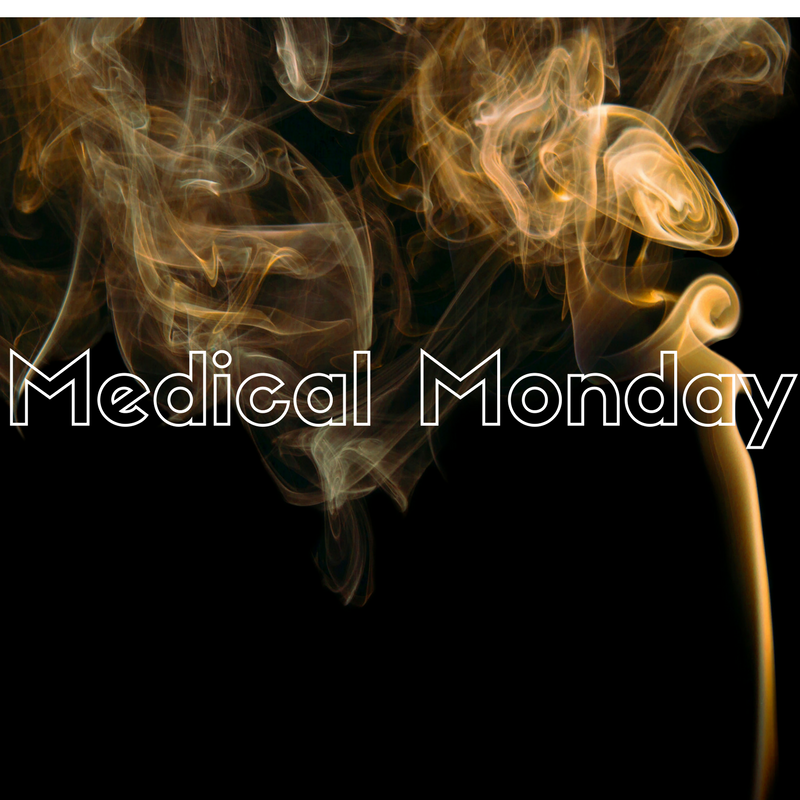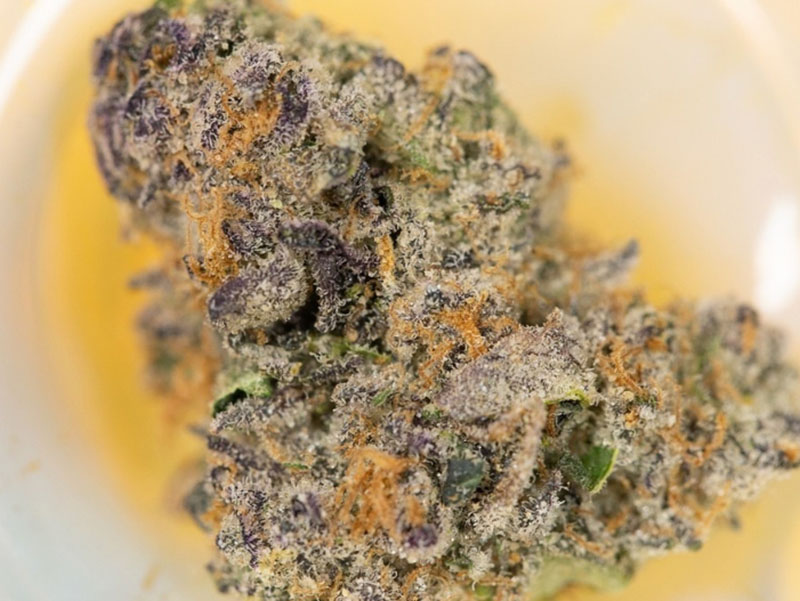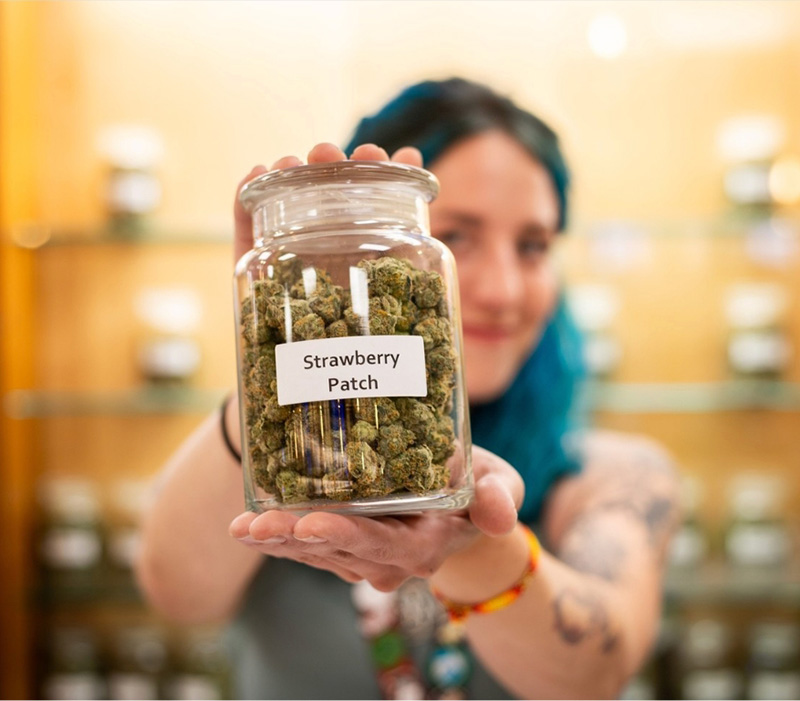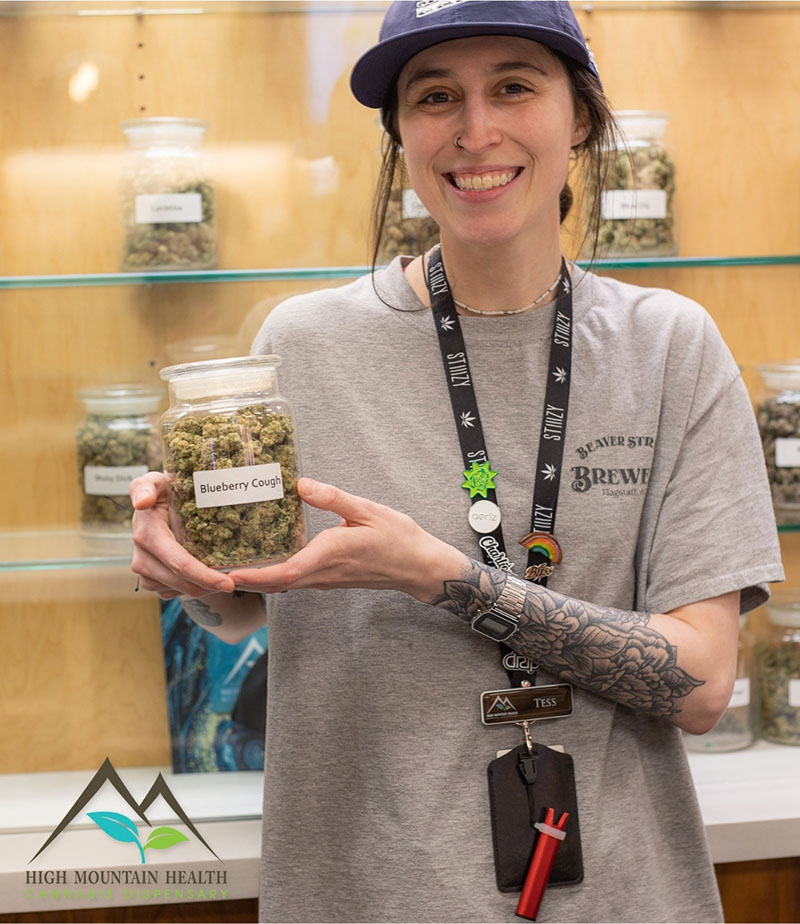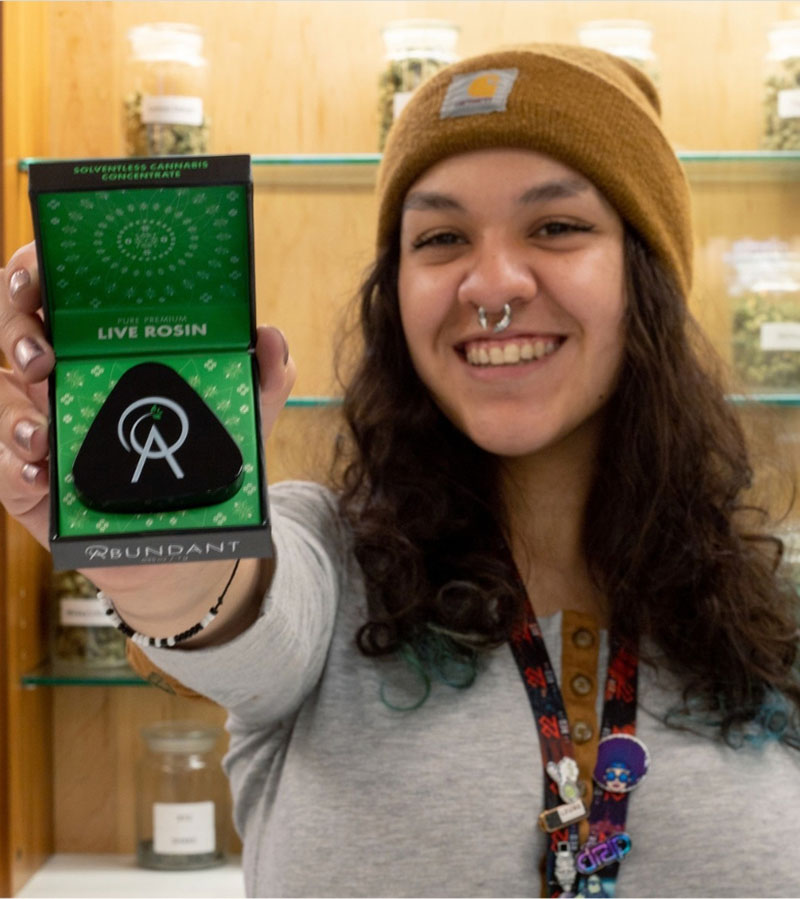"I didn’t use cannabis until I was about 18 years old," writes Craig, for our Patient Success Story for August 2016. "At the time I was pretty 'straight-edge.' My next-door neighbor had some, supposedly from Mexico. I had the time of my life – I haven’t really stopped, other than short breaks here and there."
Craig is a consultant at High Mountain Health and uses cannabis to treat his epilepsy. Epilepsy is a seizure condition caused by overactive brain cells. Seizures can range from minor to life-threatening; the condition affects more than 200,000 people in the United States per year. While there are few symptoms of epilepsy between seizures, epileptic episodes can be terrifying for the individual who is affected. They may lose consciousness or injure themselves because of seizing. Epileptic individuals continue to be stigmatized in some countries across the world.
Initially drawn to medical cannabis by Charlotte Figi's success with CBD, Craig decided to explore how cannabis could help him as well, wanting to see if it would help reduce tremors caused by the medication he was on to treat epilepsy. Figi has been an inspiration for many—at a young age, she was experiencing regular grand mal seizures, up to hundreds per day. After trying CBD, however, Figi was able to return to the normalcy of childhood and the frequency of seizures have greatly diminished. Her story holds promise for countless individuals searching for solutions, including Craig.
"I was at a point where I knew I didn’t want seizures or even the fear of a seizure to hold me back from doing what I love, from living my life," Craig writes. "The fact that it worked so well for her was more than enough for me to give it a try."
Today, Craig has noticed a reduction in tremors and seizure activity. He currently is on a regimen of 800 milligrams of CBD per week. While it hasn't cured his epilepsy, it makes day to day activities easier and more enjoyable.
Cannabis has offered relief for countless conditions and seizure disorders, such as epilepsy, are among the most common reasons cannabis may be prescribed. For around 150 years there have been documented cases of cannabis benefitting epileptic patients; interest has grown immensely in the past few years, however. This most likely due to legalization campaigns and stories, such as Charlotte Figi's, entering mainstream consciousness.
Orrin Devinsky, a neurologist at New York University Langone Medical Center, conducted a study exploring the effects of CBD on epileptic patients between January 2014 and January 2015. He treated 162 patients with an extract of 99-percent cannabidiol medicine—therefore, there were no psychoactive effects. Each patient was given between 2 and 25 milligrams of the CBD and was told to track any improvements or side effects. 36.5 percent of subjects reported a decline in motor seizures, and 2 percent reported being completely seizure free.
Devinsky's study was among the most in-depth research endeavors regarding CBD and its ability to treat epilepsy. The results of this study were promising. The conclusion of the study states: "Our findings suggest that cannabidiol might reduce seizure frequency and might have an adequate safety profile in children and young adults with highly treatment-resistant epilepsy. Randomised controlled trials are warranted to characterize the safety profile and true efficacy of this compound."
While research and accessibility are still limited due to cannabis' Schedule I status, there has been some progress made in recent years. For instance, GW Pharmaceuticals is undergoing Stage 3 clinical trials (meaning 1000+ people are part of a widespread study) for its drug, Epidiolex. Epidiolex is a close-to-pure CBD preparation—98% CBD, to be exact. Besides CBD being shown to be particularly beneficial for treating seizures, clinical trials with CBD are much easier to accomplish in comparison to those with THC. Yet, some complications continue to reveal themselves.
Catherine Jacobson, Director of Clinical Research at Canadian licensed producer Tilray, notes, “A pure CBD formula was the safest way to begin trials on epilepsy patients because of its lack of psychoactivity. The trouble with developing a single pure CBD formula is that epilepsy has never been a one-size fits all disorder."
More research needs to be conducted in order to truly illuminate the mechanisms by which CBD works to relieve individuals of epileptic symptoms. However, the results so far have offered hope and a direction for research to continue in. We support the safest and most effective option for our patients; we also support a range of options being made available to each individual. Medical cannabis has helped Craig and Charlotte Figi—it will undoubtedly offer relief to much more.
